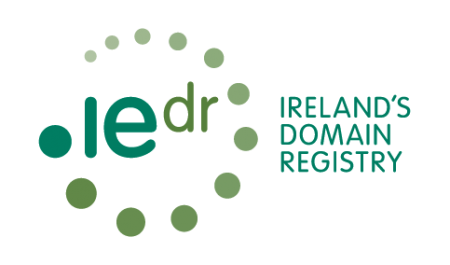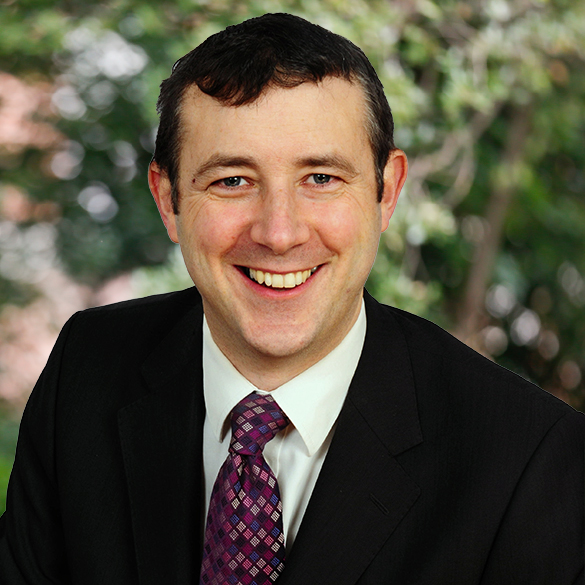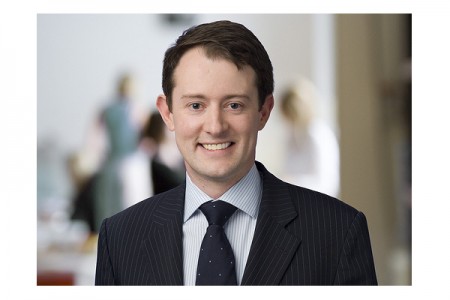13 February 2019
By Mary Bermingham
mary@TheCork.ie
Significant spike in .ie domain registrations a positive indicator of regional economic growth
4,133 new .ie domains were registered in Cork in 2018, according to the latest .ie Domain Profile Report, published today by IE Domain Registry, the company that manages Ireland’s country domain, .ie.
The figure is a 26% year-on-year increase. Overall, new .ie domain registrations in Munster in 2018 numbered 9,031, an almost 23% year-on-year increase.
Nationally, new .ie domain registrations grew by +29% year-on-year to 51,040. The total .ie domain database recorded 262,140 active domains at the end of 2018, up +10% on the previous year. Net growth for 2018, which measures .ie additions and deletions, was up +60% on 2017.
IE Domain Registry attributes the large year-on-year growth to the registration rule change implemented in March last year. It is now easier and faster to register a .ie domain. Applicants only need to provide one document to prove identity and a connection to Ireland; this ensures the .ie namespace remains authentically Irish. Returning customers do not need to re-submit any documents and can avail of a new ‘FastPass’ system.
The .ie Domain Profile Report – key findings
- Cork registrations up 26% year-on-year, indicating increased online activity among Irish businesses regionally as they overcome traditional barriers to growth.
- 81% of all .ie domains in the total database are owned by businesses or the self-employed, indicating a national understanding of the value of digital business and marketing.
- In 2018, 28% of all .ie domains were registered by individuals, up +120% on the previous year. This suggests a positive impact of the relaxation of .ie registration rules to allow nicknames and geographical names, along with the rising popularity of .ie for personal branding purposes.
- There was a +59% increase in the number of .ie domain names registered by international users (3,439). Interestingly, the number of .ie domain names registered from Britain increased by +28%. This may suggest that some British-based companies are looking to Ireland in an era of Brexit uncertainty.
- Dublin registered the lion’s share of new .ie domains in 2018 (20,353 or 45.7%), followed by Cork and Galway.
- ‘Ireland’, ‘design’ and ‘care’ are some of the most frequently used words in .ie domain names in the database.
- Some of the earliest .ie pioneers have had their .ie domains for more than 20 years: they include tipperary-water.ie and esb.ie.
- Some .ie domains command a high price: music.ie, baby.ie, creation.ie, files.ie, and internet.ie are all for sale for €50,000.
- The number of .ie websites with SSL security certificates increased by +38.9% quarter-on-quarter (Q3 vs Q2 2018) after Google Chrome introduced a new feature that warns users about potentially unsafe sites.
Comment
David Curtin, Chief Executive of IE Domain Registry, said:
“2018 was a record-breaking year for .ie, and much of that success is owed to the registration rule change. In short, the change has worked, and last year’s figures bear that out. We’ve made it easier and faster for people and organisations to register a .ie domain while still maintaining the most integral aspect of the brand—the need to prove a connection to the island of Ireland.
“Last year, we achieved net growth of 60 percent, powered by a surge of registrations at home and abroad. Businesses and the self-employed continue to use their .ie websites to reach out and sell to new customers, and now increasingly individuals are registering their own .ie domain to secure, develop and build their own personal brand.
“Importantly, much of .ie’s growth is happening outside of Dublin, including the Border, Midlands and West region. There, many counties actually achieved higher overall growth in .ie registrations than the capital. As many of these .ie domains are registered by businesses, this upwards trend is also a good indicator of regional economic growth.
“The .ie brand remains distinct on the local and world stages. It is a managed space that is identifiably, authentically Irish. In an era where people’s trust in the online world is more important than ever, that reliability is crucial.”



